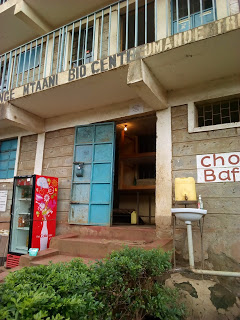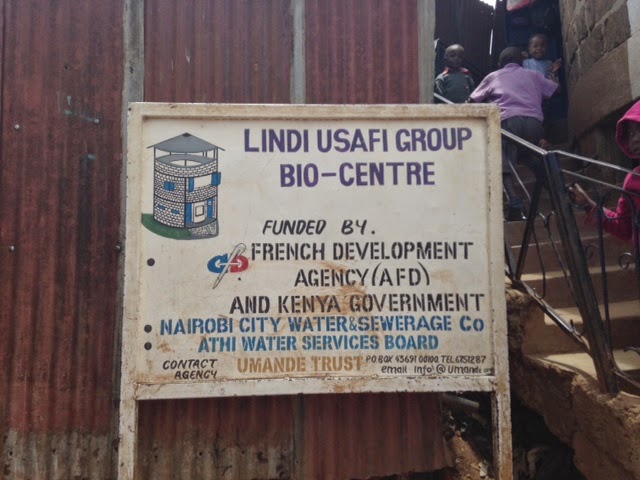The Nairobi River Commission Rehabilitation Project and Open Justice Day

Umande is excited to be working with the Nairobi River Commission (NRC) and many other local organisations to restore the rivers of Nairobi: the Mbagathi River, the Galana River, and the Nairobi River. The Nairobi River Commission was established in December of 2022 with the hope of rehabilitating the rivers of Nairobi and with it the blue and green infrastructure of the city and surrounding communities. This spring, the NRC began to engage with civil society organisations, community groups, and other non-state actors about the important role that they will play in helping to clean and rehabilitate the river. Umande hopes to be able to engage community groups that we partner with to get involved in the project, to help ensure that the residents of Kibera and other informal settlements in Nairobi can have a voice in this commission. All solutions that are come up with must put those who are the most disenfranchised first. The NRC hopes to focus on four areas: catchment protection and re...






